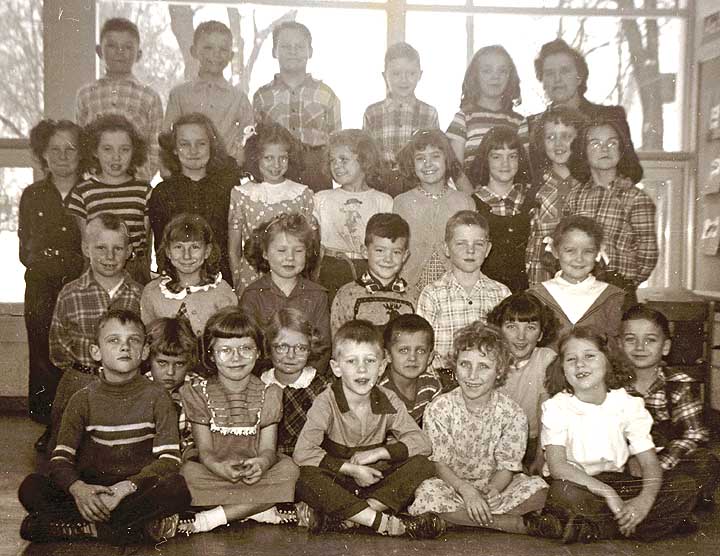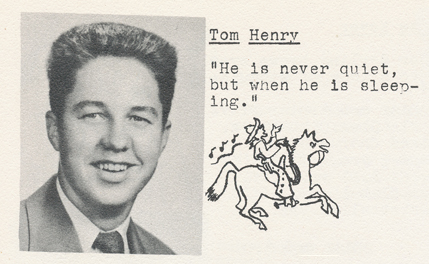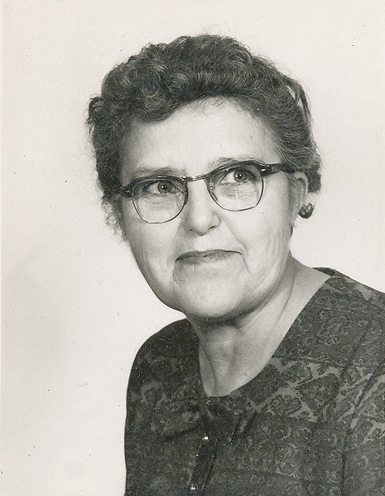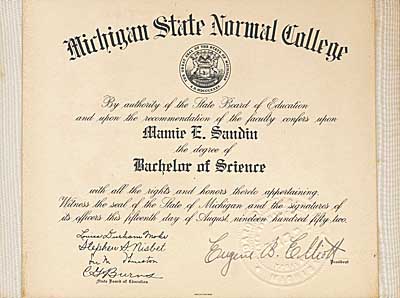WHAT IS TEACHING?
In my final year of college in 1962, I took
Education 101, a basic, introductory class. I don’t recall
why I took it, but I suppose I was either curious about the subject or else it
filled out some obscure requirement and sounded easy. Let’s
say it was the former.
I had forgotten about the class until I ran across
the following paper. I interviewed my mother who had taught
second grade for many years and had just retired. To get
quite a different perspective, I also interviewed my high school buddy who was
in his third year of teaching high school manual arts.
This is a paper I wrote for that class.
I was sorely tempted to make some changes to the grammar and even the
content, but I refrained, and here it is in original form.
WHAT DOES IT MEAN TO TEACH?
Mrs. Sandin: "Teaching is the process of creating an
atmosphere conducive to learning."
Mr. Henry: "One is said to teach
if he is the one associated with other persons as they learn."
In order to become better acquainted with teaching as a profession, the
author interviewed two teachers with varied backgrounds and experiences. Mrs.
Sandin is a second grade teacher with about twenty five years’ experience, who
retired last June. Mr. Henry is a manual arts teacher in his third year of
teaching on a high school and junior high school level.
Many questions were put to each teacher, interviewed separately on January
22, 1962. The question "What is teaching?" is answered in the heading. Four
other pertinent questions are reported herewith.
I. What has been the biggest problem you encountered in teaching?
Mrs. Sandin: To me, teaching has never had large
problems, and the small ones are probably no different than one might encounter
in any other field of endeavor. However, the problem which I would cite is more
of a difficulty of the school system as a whole. I have always been sorry that I
could not spend more time with the slower pupils in my room. Under our system we
have rooms composed of children of widely varied abilities and it is difficult
to properly apportion time to individuals without being unfair to some of them.
Mr. Henry: I thoroughly enjoy teaching
but without the added rewards of satisfaction and the feeling of doing something
worthwhile, I would find it hard to justify working for such wages. My biggest
personal problem then, is trying to live within my income.
These two views can only be introduced to a student teacher in his first
few weeks of experience. It seems that the experienced teacher tends to either
forget or lessen the importance of the problems which loom so large to the
student teacher.
II. What has been your greatest satisfaction in
teaching?
Mrs. Sandin: I have always looked forward to the last
three months or so of every year when the pupils seem to actually blossom out.
It gives me great satisfaction to think I had some small part in this
phenomenon!
Mr. Henry: On a personal, probably
selfish, level, I have a sense of satisfaction in knowing that the
administration, school board, and parents have faith in my abilities, common
sense, etc. Of no less importance is
the sense of accomplishment in seeing the learning process.
Apparently, the thrill of working with and seeing children develop is no
less for the experienced teacher at any level than it is for the beginning
student teacher.
III. What do you consider the most important preparation
that a prospective teacher can make?
Mrs. Sandin: I was away from teaching for several
years while I was raising my family. When I returned, I feel that I was a much
better teacher. The reason for this, I believe, is the answer to your question.
Contact with children of the age group you intend to teach is the most important
preparation you can make.
Mr. Henry: Student teaching! Student
teaching was invaluable to me. I learned more about teaching in that three
months than the entire rest of my college career!
Here again, experienced teachers agree with student teachers in the importance of practice and actual contact with children. Mr. Henry added that, if extended for a longer period, student teaching would weed out the persons who just aren't made for teaching. This concurs with most student teachers' beliefs that it is a time for decision.
IV. What one thing is basic to being a good teacher?
Mrs. Sandin: Rapport. A person who can
achieve this harmony in the classroom is not just a teacher but an artist.
Mr. Henry: Some teachers merely lecture to their students and never know until a test is given if learning is taking place. Awareness of students and their responses is, to me, the sign of a good teacher.
Both in this question and in their definition of teaching these teachers
have expressed the belief that teaching does not exist alone, but rather is a
word used in connection with one who sets the stage for the act of learning. It
seems that this concept is the most important thing a prospective teacher has to
understand to properly prepare himself for his new role.
CONCLUSION: It seems that the greatest difference between the views of
student teaching and the views of experienced teachers is the difference between
surprising first impressions and the longer lasting mellowed feelings that come
with acceptance of some of the minor annoyances, learning to cope with some of
the greater difficulties and becoming closer to the thoughts and actions of
children through experience and contact. The fact that so many experienced
teachers speak of the elusive "greater rewards" of teaching is difficult for the
author to understand and at the same time an enticement to learn more about the
profession.
Norman A. Sandin
|
|
Mamie Sandin continued to take classes as she taught
and earned her Bachelor of Science degree from Michigan State Normal College in
1952. |
|
|
|
|
|
|

Mrs. Sandin’s second grade class in 1950

Tom Henry from the yearbook in 1951
AFTERWORD
For those who might be curious, I was awarded a B+
for this tome. I’m not sure I would have been so generous.
This was the first and only course I took in Education at Michigan State
University, but that department continues to contact me for donations.

